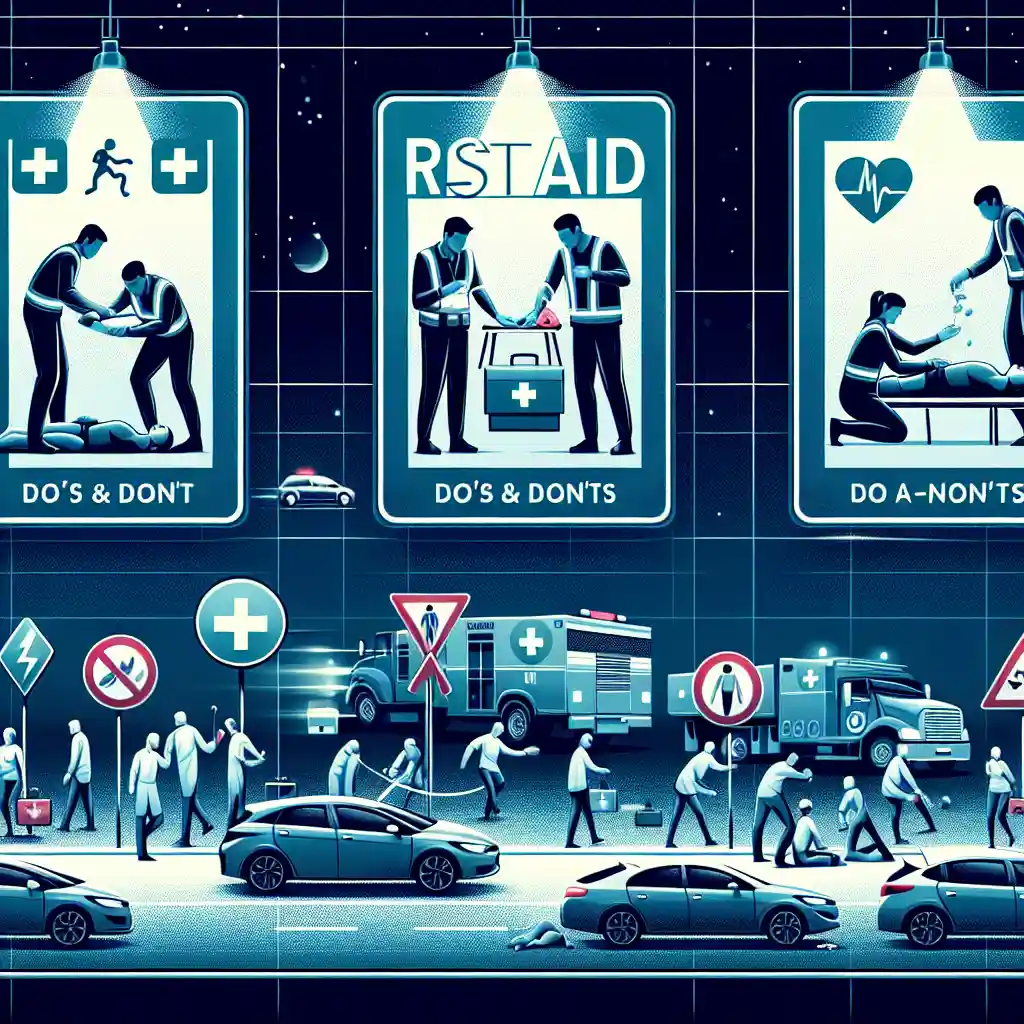Beyond the Hype: Debunking Common Misconceptions About Car Accident Compensation
Car accidents can be overwhelming experiences, and navigating the process of seeking compensation can add to the stress. In this article, we will delve into some of the most pervasive myths and misunderstandings surrounding car accident compensation claims. Let's uncover the truth behind these misconceptions and provide you with essential facts to help you understand your rights and options better.

The Reality of Compensation Claims
When it comes to car accident compensation, there are numerous myths that can cloud your judgment and decision-making process. One common misconception is that you can only claim compensation if you were not at fault for the accident. In reality, even if you were partially responsible for the crash, you may still be entitled to some compensation, depending on the laws in your state and the specific circumstances of the accident.
Another prevalent myth is that you can only claim compensation for physical injuries sustained in a car accident. While injuries are a significant factor in determining the compensation amount, you may also be able to seek compensation for other losses, such as property damage, lost wages, and emotional distress resulting from the accident. It's essential to consider the full extent of your losses when pursuing a compensation claim.
Understanding the Legal Process
Navigating the legal process for a car accident compensation claim can be daunting, especially if you are unfamiliar with the legal system. One common misconception is that hiring a lawyer is only necessary for complicated cases or disputes. In reality, having a skilled car accident attorney on your side can significantly improve your chances of securing a fair compensation settlement. A lawyer can help you understand your rights, negotiate with insurance companies, and represent you in court if necessary.
Another myth is that filing a car accident compensation claim means going to trial. While some cases may end up in court, the majority of compensation claims are settled through negotiations with the insurance company or the at-fault party's legal team. Going to trial is often a last resort when a fair settlement cannot be reached through negotiation. It's essential to have realistic expectations about the legal process and be prepared for all possible outcomes.
Common Misunderstandings About Compensation Amounts
One of the most significant misconceptions about car accident compensation is that there is a set formula for determining the amount you can claim. In reality, compensation amounts vary depending on various factors, such as the severity of your injuries, the impact on your quality of life, the cost of medical treatment, and the level of negligence displayed by the other party. Each case is unique, and the compensation amount is calculated based on the specific circumstances of the accident.
Another prevalent myth is that accepting an initial settlement offer is necessary to expedite the compensation process. While insurance companies may try to pressure you into accepting a quick settlement, it's crucial to consult with a legal expert before agreeing to any offer. An experienced attorney can review the offer, assess whether it adequately covers your losses, and negotiate for a higher compensation amount on your behalf. Don't settle for less than you deserve.
Seeking Professional Guidance
In conclusion, debunking common misconceptions about car accident compensation is crucial to ensuring that you receive fair and adequate compensation for your losses. By understanding the truth about compensation claims, legal processes, and compensation amounts, you can make informed decisions and protect your rights effectively. If you have been involved in a car accident, don't let myths and misunderstandings stand in the way of seeking the compensation you deserve. Seek professional legal guidance to navigate the process successfully. Remember, your rights matter, and you are entitled to seek justice for your losses.



























